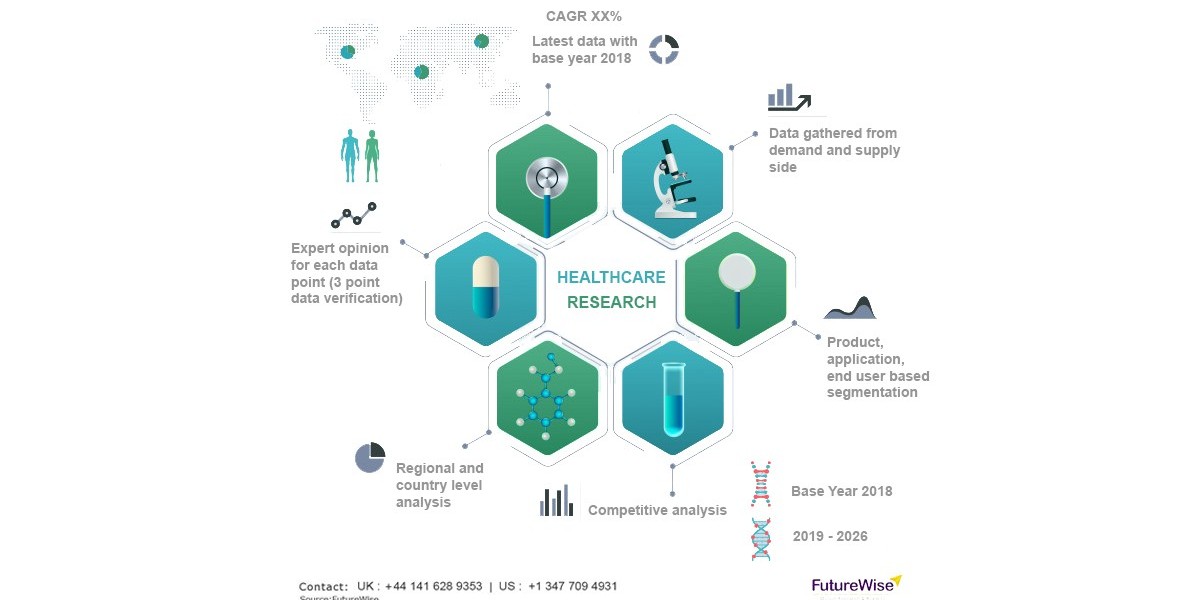The cognitive systems market has witnessed significant advancements in artificial intelligence, machine learning, and natural language processing, yet various barriers continue to hinder its full-scale adoption. While businesses seek to leverage these technologies for enhanced decision-making and automation, issues such as high costs, implementation complexities, data privacy concerns, talent shortages, and ethical dilemmas create challenges that slow down the growth and potential of cognitive systems.
High Implementation Costs and ROI Uncertainty
One of the major barriers in the cognitive systems market is the high cost associated with deployment and maintenance. Organizations require substantial financial investments in infrastructure, computing power, and specialized AI tools, making it challenging for small and medium enterprises to adopt cognitive technologies. Moreover, businesses struggle to estimate the return on investment, as the benefits of cognitive systems are often long-term and difficult to quantify in traditional financial models.
Complexity in Integration and Scalability
The integration of cognitive systems into existing IT infrastructure presents another significant challenge. Many enterprises operate on legacy systems that are not designed to support AI-driven solutions, leading to compatibility issues and operational disruptions. Additionally, scaling cognitive technologies across multiple departments or global branches requires seamless coordination, which becomes difficult due to varying data formats, security protocols, and workflow structures.
Data Privacy and Security Risks
Data plays a crucial role in training cognitive systems, yet privacy and security concerns create substantial obstacles. With stringent data protection laws such as GDPR and CCPA, businesses must ensure compliance while handling vast amounts of sensitive information. The risk of data breaches, unauthorized access, and AI biases further raises concerns, making companies hesitant to deploy cognitive solutions without robust security measures in place.
Shortage of Skilled Workforce and Expertise
The demand for AI and cognitive system specialists far exceeds the available talent pool, creating a significant barrier to adoption. Businesses require skilled professionals in data science, machine learning, and AI ethics to develop and manage these systems effectively. However, the talent shortage leads to higher hiring costs and prolonged project timelines, restricting organizations from fully leveraging cognitive technologies.
Ethical and Regulatory Challenges
Ethical concerns related to AI bias, transparency, and accountability continue to challenge the cognitive systems market. Bias in AI models, stemming from incomplete or imbalanced training data, results in unfair outcomes that can affect decision-making in critical sectors such as healthcare, finance, and recruitment. Additionally, governments and regulatory bodies are still formulating policies to govern AI applications, creating uncertainty for businesses looking to invest in cognitive systems.
Strategies to Overcome Market Barriers
To overcome these challenges, organizations need to adopt strategic measures that promote the responsible and efficient implementation of cognitive systems. Investing in cost-effective AI solutions, leveraging cloud-based cognitive services, and partnering with technology providers can help mitigate financial constraints. Addressing integration challenges requires businesses to modernize their IT infrastructure gradually while adopting flexible, modular AI solutions that align with existing workflows.
For data security and privacy, organizations must implement advanced encryption, access controls, and compliance frameworks to meet regulatory requirements. Additionally, fostering AI education and upskilling employees can bridge the talent gap, ensuring that businesses have the necessary expertise to manage cognitive technologies effectively.
Lastly, adopting transparent AI development practices and collaborating with regulatory authorities can help businesses navigate ethical and legal challenges. By focusing on fairness, explainability, and responsible AI usage, companies can build trust and drive broader adoption of cognitive systems.
Conclusion
Despite the growing potential of cognitive technologies, barriers such as high costs, integration challenges, data privacy concerns, workforce shortages, and ethical dilemmas continue to limit their widespread adoption. Addressing these hurdles through strategic investments, workforce development, and regulatory compliance will be crucial in unlocking the full potential of the cognitive systems market.









